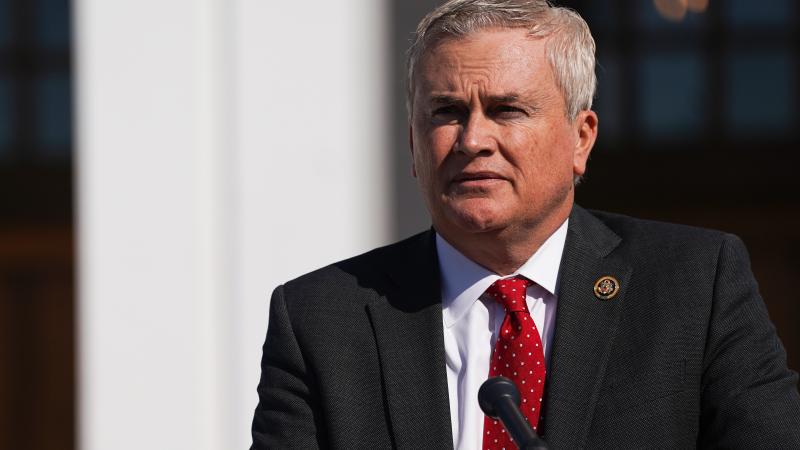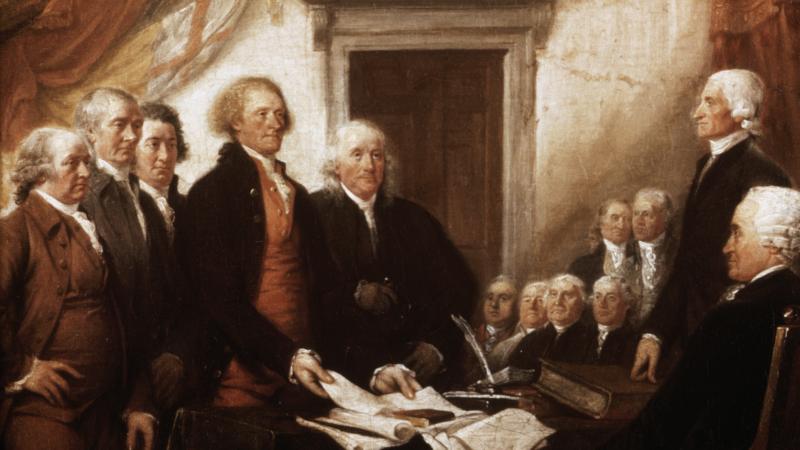House GOP crafting major FISA reform to block snooping on Americans’ phone records without warrants
Jordan, Biggs say bipartisan support beginning to form around first substantive changes since post-9-11 era.
House Judiciary Committee Republicans are pressing ahead with sweeping reforms to the government’s FISA surveillance powers that among other things would would prohibit the FBI from searching through Americans’ phone records without a court-approved warrant.
The effort is on track to be wrapped up by the end of the year when several Patriot Act powers expire. Republicans and Democrats are coming together on this matter in rare bipartisan cooperation, lawmakers told Just the News.
“We've got, I think, strong agreement amongst members of the Intel Committee and members of the Judiciary Committee. And frankly some Democrats as well, that there needs to be stronger penalties if you abuse the system,” Judiciary Committee Jim Jordan, R-Ohio, told the "Just the News, No Noise" television show in an interview aired Friday night.
Jordan said he was focused on what is known as the Section 702 system “where they can create this database” of phone communications metadata that currently can be searched by agents without a warrant.
The Foreign Intelligence Surveillance Court earlier this year declassified a report revealing that FBI agents had inappropriately searched Americans' phone records more than 270,000 times over a two year period, alarming civil liberty experts and generating bipartisan condemnation.
“There needs to be more transparency, more accountability, more audits and reporting to Congress and to the American people,” Jordan said. “So I think we have broad agreement there that those kind of fundamental changes have to happen.
“But then the real question, maybe the more fundamental question is do we require a warrant before you can actually query any information regarding American citizens?” he added. “ I think you should. That's where the Judiciary Committee members are, and we're going to try to work through that issue.”
Jordan said such a dramatic change to the Section 702 surveillance would be the centerpiece of a larger reform of the government’s Foreign Intelligence Surveillance Act powers that were enhanced after the Sept. 11, 2001 terror attacks for the war against Al-Qaeda.
“There's gonna be major reform to not just 702 but I think the entire FISA,” he said. “Our goal here is in the next two months.”
Rep. Andy Biggs, R-Ariz., who has been leading informal talks for months with Democrats and Republicans to try to piece together bipartisan consensus, praised Jordan and his colleagues for the collaborative approach.
“We've been working in a task force with the Intel Committee guys" Biggs said. “I think we've reached a lot of harmony on a lot of ideas. The last issue probably is just how we solve some of these issues where the FBI, NSA, CIA...want to go in and look at phone records and other private data points."
“And that's where we're going to solve those...I think we're going to smooth it out, and hopefully be able to get something done before the end of the year. I believe we will,” he added.
The Facts Inside Our Reporter's Notebook
- the Section 702 system
- FBI agents had inappropriately searched















